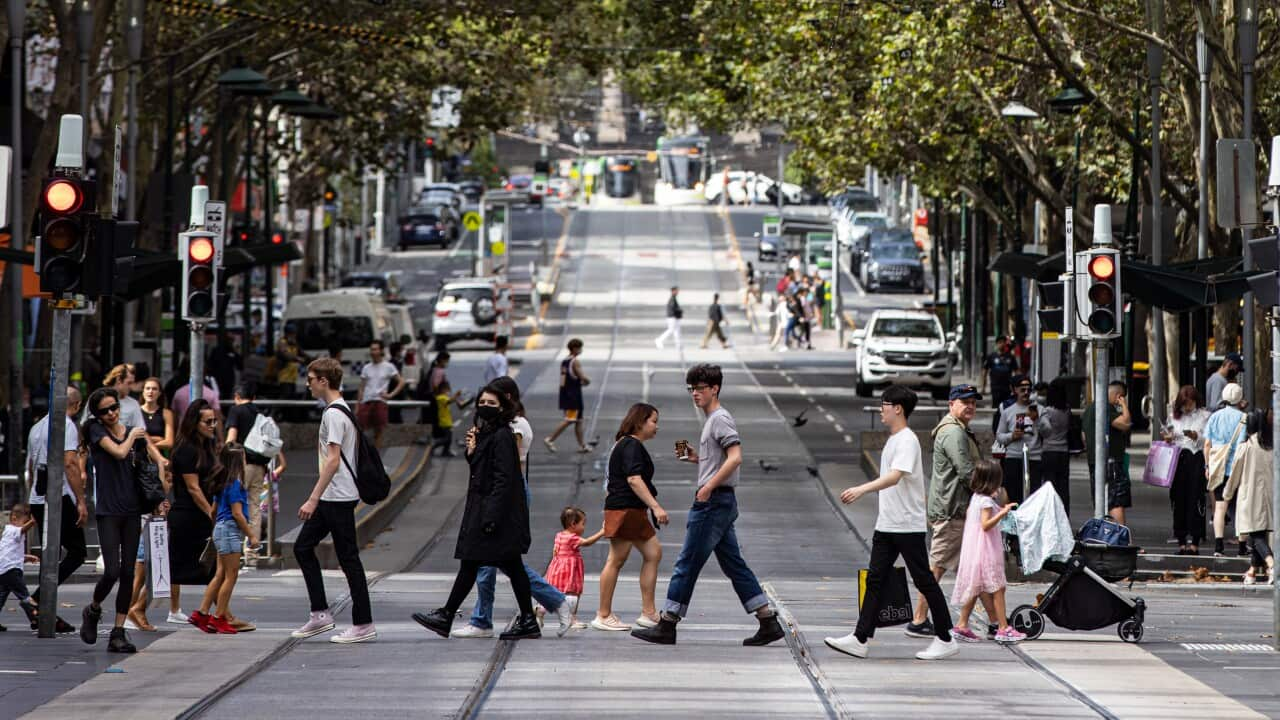Key Points
- The Reserve Bank boss has apologised for suggesting interest rates wouldn't rise until 2024.
- Many people took out mortgages based on the forward guidance.
- Philip Lowe said he was sorry to mortgage holders who were now in a position "they don't want to be in".
The Reserve Bank boss has apologised to Australians who listened to controversial forward guidance issued during the pandemic and took out mortgages based on expectations that interest rates wouldn't budge until 2024.
RBA governor Philip Lowe said he was sorry households acted on , noting that the bank should have chosen different language to communicate the conditions attached to the predictions.
"I'm sorry that people listened to what we've said and acted on that, and now find themselves in a position they don't want to be in," Mr Lowe told a Senate committee on Monday.
"We didn't communicate the caveats clearly enough ... they didn't hear the conditionality, and that was partly our fault."
But Mr Lowe said the country was in a dire situation when the forward guidance was issued, with 15 per cent unemployment predicted as COVID-19 ravaged the economy.
"We wanted to do everything we could, we had a strong insurance mindset," he said.
Mr Lowe said the massive injection of stimulus to bolster demand had successfully kept the economy afloat, but in hindsight admitted the insurance policy was a touch heavy-handed.
By way of explanation, he said inflation started rising faster than expected and that the were hard to predict, with the bank concerned the Omicron wave would spark more lockdowns like the Delta wave.
"If we had known Omicron wasn't going to be like Delta, we would have considered a different path," he said.
While Mr Lowe said in the order of 6 to 7 per cent would make its job of taming inflation harder, he dismissed accusations he did not want to see real wage growth for workers.
He reiterated the preferred wage growth anchor point of 3.5 per cent, and based on current projections for inflation and wages, expects to see real wages growing by 2024.
Productivity was also raised as an essential element of real wages growth, with Australia aligned with the global trend of fairly modest productivity growth of around 1 per cent.
"Growth in real wages and profits comes down to doing things better," he said.
Mr Lowe said there was no shortage of ideas to boost productivity, but that many of these ideas were politically challenging to implement.
But he had two reasons to be optimistic productivity could pick back up - the clean energy transition, and advances in technology.
"Once we make this energy transition, that will open tremendous opportunities," he said.
"And there's been tremendous advancement in the tools of science and information technology and data processing, and over time, better information technology and science will deliver stronger productivity."
On inflation, Mr Lowe called for action to boost power and housing supply.
The Albanese government has all but committed to implementing some kind of price cap mechanism to keep energy costs contained, but Mr Lowe declined to weigh in on the preferred mechanisms to bolster the supply of gas and electricity in the market.
The head of the RBA also pointed to rents as a key contributor to the consumer price index, noting that a boost in migration was colliding with fairly modest increases in housing supply.




